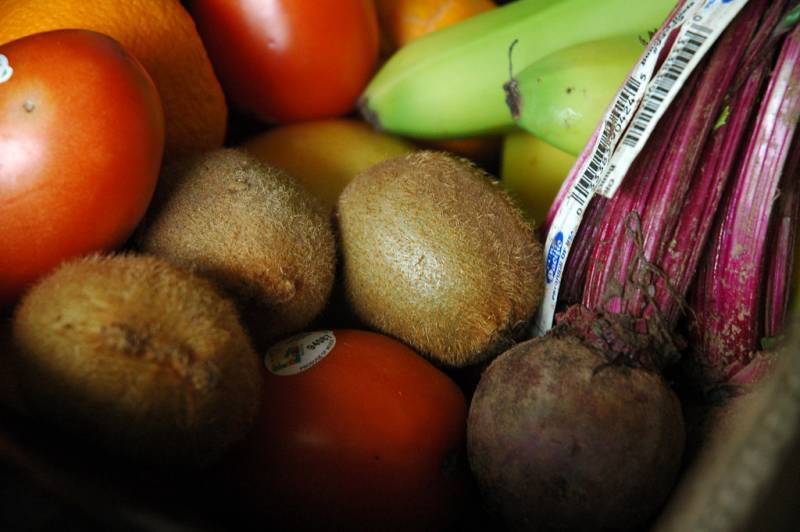A new Alameda County program focused on the connections between poverty, food and employment is the latest initiative in a countywide effort to help low-income residents by increasing access to jobs and fresh produce.
Alameda County Launches New Food Hub for Low-Income Residents

The newly built, 3,300-square-foot space, which opened Friday, provides a commercial kitchen for small, home-based food entrepreneurs, land to grow fresh produce and a place to package leftover food retrieved from some local schools to redistribute to low-income residents in affordable housing complexes.
The “food hub” is the culmination of nearly a decade of planning and collaboration between the Alameda County Sheriff’s Office, the nonprofit Alameda County Deputy Sheriffs’ Activities League and All IN Alameda County, a countywide initiative aimed at combating poverty.
The funding to develop the site, which sits on county land, was provided by a combination of grants and a $1.2 million loan from Community Vision. The building, located at the base of the San Leandro hills, includes land for farming and a commercial kitchen space that will be rented to people and small businesses seeking a large space for food production or hosting cooking events and classes.
Organizers hope the commercial kitchen will support local food entrepreneurs who cook at home but would benefit from a larger space that could help expand their businesses. Organizers estimate the space could accommodate up to three people at a time.
“Women of color are leading in developing their own small businesses and a lot of time it’s surrounded by food,” says Larissa J. Estes, director of ALL IN. “This is an opportunity, in a safe way, to help them test their capacity and their ability to go from an idea to let me see if I can generate revenue.”
The hub is on a plot of land that will be used to grow organic produce for ALL IN’s “food pharmacy” program, which provides patients at risk of food insecurity and diet-related diseases with doctor’s prescriptions for fresh fruits and vegetables. The produce will be cultivated by formerly incarcerated youth and adults working with Dig Deep Farms, a farming program run by the county Sheriff’s Office and the Alameda County Deputy Sheriffs’ Activities League.
Finally, the space will serve as the primary storage site for the collaboration’s food recovery program, which will repackage leftover local produce, dairy products and nonperishable food from farmers markets and from school districts in Oakland and Livermore Valley. The food will then be delivered to more than 570 low-income residents at five affordable housing complexes. Organizers expect to recover more than 300,000 pounds of edible food each year.
“I think the potential is huge,” says Hilary D. Bass, senior programs specialist for the Alameda County Sheriff’s Office. “It’s part of our policing model, because we understand that you can’t expect people to make healthy choices when they’re struggling so immensely with the stress of poverty and the challenges that come with that.”
That framework has guided the county’s Sheriff’s Office work in the community, Bass said, and inspired the creation of the farming program for the formerly incarcerated.
“We determined that unless we address areas around economic and workforce development and curbing poverty, we couldn’t get to the roots of crime,” Bass said.
The bulk of the farms the Sheriff’s Office and the Deputy Sheriffs’ Activities League operate are in the unincorporated Alameda County communities of Ashland and Cherryland between San Leandro and Hayward — the highest crime area within the sheriff’s patrol jurisdiction, Bass says. Seventeen percent of the population in Ashland and 21% of the population in Cherryland live below the poverty line, according to census data.
Erica Hellerstein is a journalist with The (San Jose) Mercury News. This article is part of The California Divide, a collaboration among newsrooms examining income inequity and economic survival in California
